THE GURU • September 2020
IAG Cargo: keeping the world moving in a pandemic
When it comes to aviation, logistics is the unsung hero. Who keeps our supply chains running? Who gets things to the places they need to be? For more than 10,000 businesses, the answer is IAG Cargo – British Airways’ sister company. Head of marketing and external communications Matthew Gardiner breaks down the numbers to reveal how Cargo stepped up in the face of Covid-19
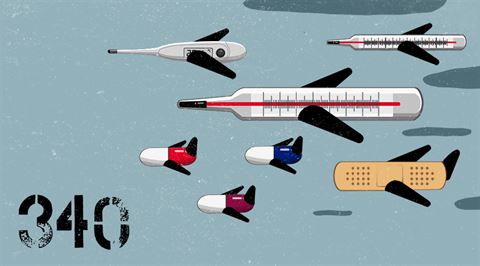
340 scheduled flights per week
Most people are surprised to learn that 95 per cent of the air cargo that comes into the UK arrives in the belly-hold of passenger aircraft. Passengers aren’t just sitting above suitcases. Below deck, they’d find essential medicines, food supplies, car parts, microchips or, as I discovered in my first week in the job in Madrid, maybe even a lion.
“We responded by developing one of the most comprehensive networks of scheduled cargo-only flying”
And so, as passenger aircraft were grounded across the world, our teams adapted quickly to find solutions for our customers. We responded by rapidly developing one of the most comprehensive networks of scheduled cargo-only flying available, ensuring IAG Cargo’s role in supporting global trade and the movement of essential supplies. Utilising passenger aircraft, we established a network of more than 340 scheduled flights per week built around our customers’ needs and tailored to the most important cargo flows.
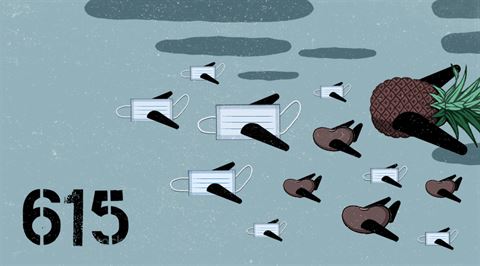
615 aircraft charters
We were also very quick to offer our customers and governments the opportunity to charter IAG’s aircraft and even established a new charter team as part of our response to Covid-19. Bespoke capacity solutions such as charters have proved popular and during the second quarter of the year in total we operated 615 charters flying everything from PPE to pineapples to vanilla beans.
“The level of collaboration, determination and resilience from our teams has been impressive”
It was important to ensure customers could book charters easily and quickly. That meant being nimble online. We created new online charter product pages that attracted several thousand views in a short period of time. The charters often came with challenges. For example, IAG Cargo had to set up a whole new operation out of Beijing with just a few days’ notice to provide Ireland’s hospitals and medical facilities with crucial PPE. The level of collaboration, determination and resilience from our teams has been impressive.
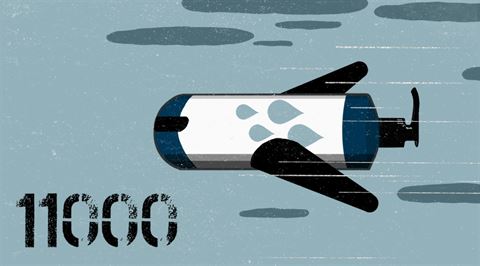
11,000 tonnes of PPE
Across April, May and June alone, IAG Cargo operated 416 critical supply operations for the British, Irish and Spanish authorities. We helped governments and private customers transport more than 11,000 tonnes of PPE and medical supplies on these charters. In that period, we also saw a lot of additional PPE tonnage transported across our scheduled flights. As well as PPE, we’ve brought in more hand sanitiser supplies than you could imagine from China, India and the Middle East. The largest hand sanitiser shipment booked with us to date has been a single charter on a British Airways aircraft carrying 55 tonnes destined for the NHS.
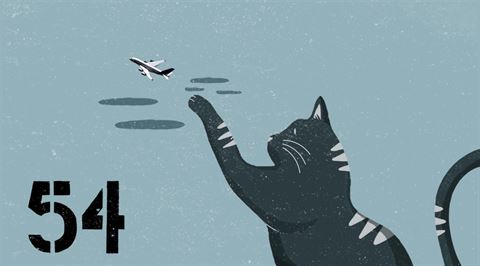
54 cats and dogs
Probably the most unusual charter that IAG Cargo operated during the pandemic was a special operation we carried out, using a British Airways 747, to bring 54 rescue dogs and cats to London Heathrow from Larnaca for the chance of a new life on British soil. The heart-warming mission took place in partnership with Airbridge International, but it is by no means the wildest animal transportation we’ve dealt with, which, in the past has included shipping lions rescued from captivity and white rhinos. To read more stories like this, check out the IAG Cargo magazine here.
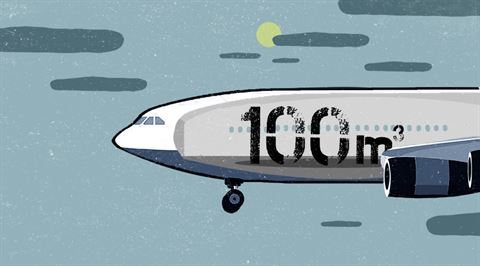
100m3 of extra capacity per flight
To maximise cargo capacity, we reconfigured aircraft by removing seats and using overhead lockers. Recently, I welcomed in one of British Airways’ converted 777-200s with all the seats removed and rammed full of PPE and ventilators. Standing onboard, I felt really proud of how everyone in the business stepped up and of all the solutions we’ve delivered. Most importantly, removing the seats from that aircraft provided a further 100m3 of vital capacity per flight for NHS shipments.
“Standing onboard, I felt really proud of how everyone in the business stepped up”
One of the interesting challenges of cabin loading is that our equipment is designed to lift cargo pallets to the cargo hold of an aircraft and not to the (much higher) height of a passenger cabin. As such, we had to employ catering trucks capable of commercial high-loading.
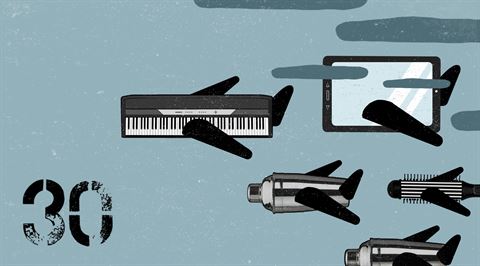
30-minute ‘masterclasses’
Thirty minutes is the time my team and I take out of our schedules for our ‘masterclasses’ – where each week a member of the team takes a turn to teach something to the rest of us, and then gets rated in Come Dine With Me style. We’ve enjoyed learning about cocktail making, hair curling, playing the piano and more. There’s no question that communicating virtually feels different than having face to face conversations and leaders need to consider how they maintain the social aspect of being part of a team. We’ve tried virtual quizzes and online socials – but our masterclasses, in particular, have brought us a lot of laughs. Now, more than ever, we need to feel emotionally connected while staying socially distanced.
Illustrations by Pablo Caracol
This article has been tagged BA, Technology
More from previous issues
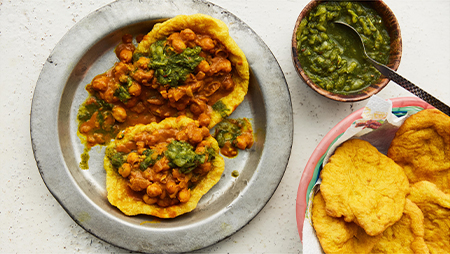
The eStore’s guide to the Caribbean
If you’re yearning for winter sun and those barefoot island vibes, get in the mood by creating some Caribbean colour at home
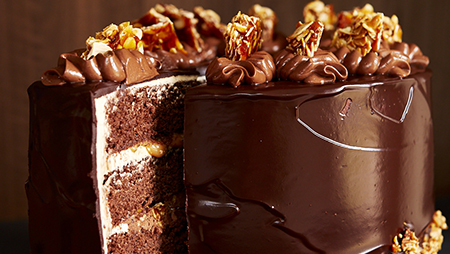
My Club: the baker to the stars
Entrepreneur and baking goddess Mich Turner tells The Club what she’s been working on and reveals her future travel plans

Eight epic European drives: Amy Shore
The Nikon brand ambassador shares scenic shots of her favourite stretches of open road
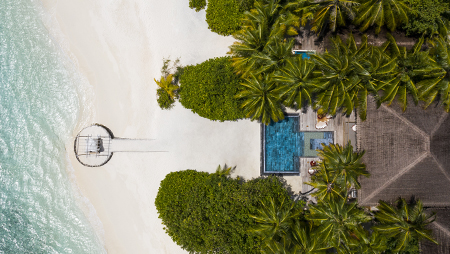
Stylish sleeps: the hotels for your next getaway
Find out where the world’s leading architects lay their visionary heads with our round-up of some of their favourite hotels
